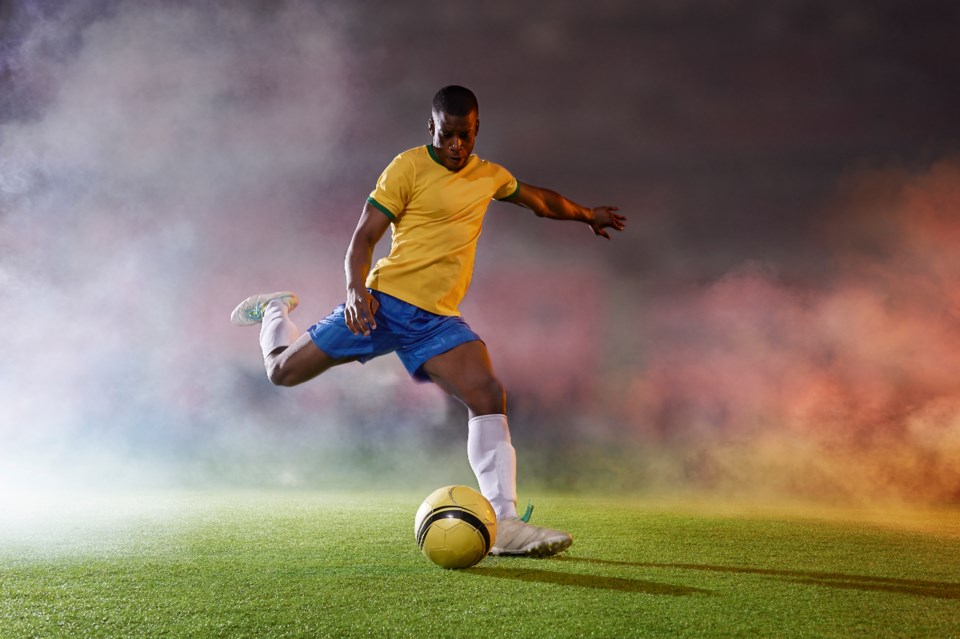Over the past two years, British Columbians developed a love-hate relationship with the possibility of Vancouver hosting the Winter Olympics for the second time.
In January 2020, as the province was about to observe the 10th anniversary of the 2010 Games, 62 per cent of the province’s residents said they welcomed a new Olympic bid for the 2030 edition.
By October 2021, as questions about the costs of the 2010 Games continued, support for Vancouver attempting to host the 2030 Winter Olympics fell to 43 per cent. Then came the announcement of a unique bid, explored by Four Host First Nations – Musqueam, Squamish, Tsleil-Waututh and Lil’wat – and the municipal governments of Vancouver and Whistler.
In June 2022, support for hosting the Winter Olympics in 2030 rose to 54 per cent, with British Columbians aged 18 to 34 saying that Indigenous participation in the organizing committee made them more likely to back a new bid.
Last month, the Government of British Columbia announced it would not support the Winter Olympics bid in 2030. When Research Co. and Glacier Media asked earlier this month about this decision, 57 per cent of British Columbians agreed with Victoria’s move, while 29 per cent disagreed and 14 per cent were undecided.
Metro Vancouverites, presumably the main beneficiaries of an Olympic bid in 2030, had the highest level of support for the provincial government’s decision at 60 per cent, followed by their counterparts in southern B.C. (59 per cent), northern B.C. (55 per cent) and Vancouver Island (51 per cent).
Views in the Fraser Valley are more nuanced, with 44 per cent welcoming news of an abandoned bid and 46 per cent disagreeing with the provincial government. This is partly connected to expectation surrounding the proposed Bridal Veil Mountain Resort near Chilliwack, which is being explored with the participation of Sto:lo Nation communities and would have probably hosted some skiing competitions in 2030.
British Columbians aged 55 and over are more likely to side with the provincial government’s decision to effectively cancel the 2030 bid (55 per cent) than those aged 35 to 54 (52 per cent) and those aged 18 to 34 (47 per cent). In a rare show of political unity, most British Columbians who voted for the BC Liberals (66 per cent), the BC New Democratic Party (NDP) (63 per cent) and the BC Greens (58 per cent) in the 2020 provincial election endorse the government’s assessment.
The numbers fluctuate dramatically when we factor in the ethnic origins of respondents. Majorities of British Columbians of East Asian (63 per cent), South Asian (62 per cent) and European descent (59 per cent) think Victoria made the right call. Among residents of Indigenous or First Nations origins, who may have regarded the bid as a step towards reconciliation, agreement drops to just 24 per cent.
It is clear that the 2030 Winter Olympics bid is now regarded as the wrong project at the wrong time, in spite of the laudable efforts from organizers to shield themselves from the polarizing figures that were behind the 2010 edition. This does not mean that British Columbians are shunning all sporting events. More than three in five (62 per cent) agree with Vancouver being a host city during the FIFA (Soccer) 2026 Men's World Cup – a group that encompasses majorities of residents across three generations.
Some British Columbians are still dreaming of new opportunities to welcome the world. Back in January 2020, support for Vancouver launching a bid to host the 2036 Summer Olympics stood at 62 per cent. Since then, excitement about this possible project shifted to 38 per cent in October 2021, to 48 per cent in June 2022 and to 42 per cent in November 2022.
On the issue of the Summer Games, we see a generational gap, with a majority of British Columbians aged 18 to 34 (51 per cent) willing to imagine swimming, gymnastics and track and field competitions in Vancouver, compared with 46 per cent of those aged 35 to 54 and 33 per cent of those aged 55 and over. While there is no group currently involved in taking this challenge on, the level of excitement has dropped dramatically after the experience of Tokyo’s off-again, on-again event in 2021.
At this stage, British Columbians appear to be relieved that the sporting event that was being explored for 2030 has been abandoned (the Winter Olympics), divided on whether an effort should be made to pursue a new competition in 2036 (the Summer Olympics) and happy with the one that is scheduled for 2026 (the World Cup). We will have to see if the release of legal correspondence, board minutes and financial statements from the overly secretive Vancouver Organizing Committee for the 2010 Olympic and Paralympic Winter Games (VANOC) – scheduled for October 2025 – changes the perceptions of residents on future sporting events.
Mario Canseco is president of Research Co.
Results are based on an online study conducted from Nov. 14 to Nov. 16, 2022, among 800 adults in British Columbia. The data has been statistically weighted according to Canadian census figures for age, gender and region in British Columbia. The margin of error, which measures sample variability, is plus or minus 3.5 percentage points, 19 times out of 20.




